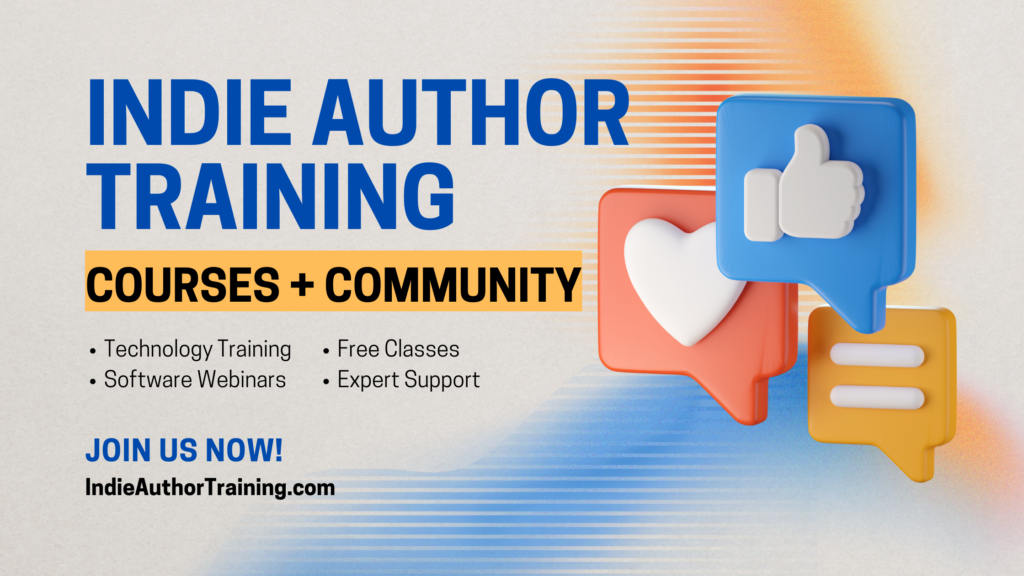You’ve written a rollicking good story set in eighteenth-century France, and now you want to add some killer details. It’s time to immerse yourself in research.
Turn back time
All historical novels begin with the promise that the author will subtly connect the “Then” to the “Now” so the reader can suspend disbelief throughout. To do this, and maintain a well-paced narrative that grabs the attention and holds it, you’ll need to ensure you steer clear of anachronisms and other inaccuracies.
In Medieval Underpants and Other Blunders: A Writer’s (& Editor’s) Guide to Keeping Historical Fiction Free of Common Anachronisms, Errors and Myths, Susanne Alleyn recommends asking yourself, “Do I know this, or do I think I know this?” To which might be added, “Did they think like this? Did they act like this?”
Doing the research
In non-fiction, an often used research analogy is that of the three-legged stool (the fact), which is only stable when all three legs (supporting sources) are present. In fiction, using a primary or reputable secondary source performs the same job.
Primary (contemporaneous) sources should always be your first choice. These can be found in libraries, museums, and archives, and online catalogues will allow you to search before you visit. If you intend on using a real town or city, get a map from the era, as street layouts and names change over time. If your story is set post-1839, make use of photographic archives to keep descriptions on point.
Other works such as diaries, autobiographies, and written histories are useful for small details and period dialogue, and good websites for these include Project Gutenberg and Google Scholar. Contemporaneous fiction can be a good way to immerse yourself in the atmosphere of the period, e.g., Jane Austen for the Regency era or Charles Dickens for the Victorian era. However, as it is fiction, still check with a factual source for any specifics you wish to include.
Secondary (later) sources include magazines, biographies, and current historical works. History Today (UK) or the Smithsonian Magazine (US) offer well researched articles on a wide range of subjects. Historical works are useful for an overview of the period and contain footnotes and bibliographies giving further sources.
Talk of the town
On the whole, it’s best not to use archaic language and far better to tweak your dialogue for the modern ear. “Thee,” “thou,” and “prithee” may sound good but they will slow the narrative. Instead, consider both word order and speech patterns, or try removing contractions and using “I cannot” instead of “I can’t” to suggest older forms of speech.
Whilst colloquialisms add period color to dialogue, it’s important to place them in context. For instance, if, in your Victorian novel, you create a character who constantly makes silly mistakes and gets called a foozler, a reader should have no difficulty knowing what that means. Whereas, if you throw in the word tufthunter with no explanation, they’re going to be flummoxed and bumped out of the story. Colloquialisms are best used sparingly and for impact.
For similes and idioms, check the date of first usage. The same goes for words that have meant different things at different times, or in different locations. A good place to start for all of these is John Dierdorf’s website You Can’t Say That https://www.prismnet.com/~dierdorf/nono.html
If you can’t find a supporting source for an important detail, it doesn’t necessarily mean you have to leave it out. Remember, you’re writing fiction and can only do your best to get things right. If you’re worried about being questioned in a review then include an author’s note at the end of your book.
Historical fiction and its readers thrive on detail, so by doing your research and checking the facts your novel will maintain its accuracy without losing its pace.






